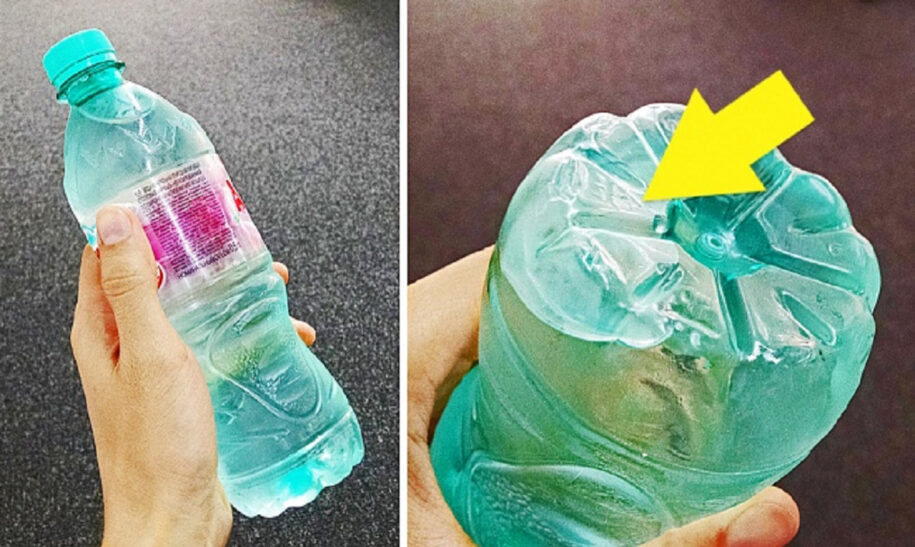This is What You Need to Check Whenever You Buy Bottled Water
Are you picking the right kind of bottled water? When you go to the store how often do you take the time to check the bottle before buying?
Companies are obligated to label the contents of their products. When it comes to picking your water you need to look for a few things on the label. The thing below are exactly what you should be looking for when checking labels.
PETE or PET (Polyethylene Terephthalate)
These release chemicals and heavy metals that are known to affect the production of hormones in the body.
This is something you will see most often on fast food casings and coffee cups. This type of plastic releases carcinogens into the content.
This is a semi-transparent more white plastic that is often added to the plastic used for yogurt cups and syrup packages. This is one of the more safe plastic types.
LDPE (Low-Density Polyethylene)
This is added to plastic bags usually and is not really fit for the production of plastic bottles. However, it does not release any chemicals as far as we know.
Non-Labelled Plastic or PC
This is the most dangerous plastic it releases BPA and is used in the production of food containers as well as sports water bottles.
HDPE or HDP (High-Density Polyethylene)
This is probably one of the safest plastics to buy when put beside the others. It is considered the most healthy because so far these do not release chemicals or toxins into the water. (This does not mean it is 100 percent safe just better than the other options.)
Now sometimes this won’t be on the label, it will be on the bottom of the bottle. Do not hesitate to check for these things. When it comes to being safe the best way to avoid issues with water bottles is to not buy them at all, however, sometimes it is unavoidable.
When we drink bottled water we are potentially exposing ourselves to the following chemicals:
This is a chemical that mimics estrogen and has been linked with a large number of health issues including things like behavioral problems, early puberty in girls, prostate cancer, breast cancer, diabetes, obesity, and altered immune system function.
These are widely used in the United States when it comes to making plastics like PVC more flexible. Phthalates are endocrine disrupting chemicals that are linked with a number of issues like reduced sperm counts, liver cancer, reproductive effects, and developmental problems.
Now, if you must drink bottled water try doing it in the safest manner possible. Do not leave bottled water in your car as heat exposure will cause even more of a serious exposure to these chemicals. Ultraviolet rays from the sun or high temperatures will cause the leaching of these plastics to increase dramatically.
Don’t fall for the vitamin water scam, most waters are all the same just because it has a pretty label does not mean it is any better than the rest. Please be safe when choosing your water and pay close attention to the bottle. Water is important to our bodies, make sure the water you ingest is as safe as it can be. For more information on the dangers of plastic bottles please take the time to watch the video below.


